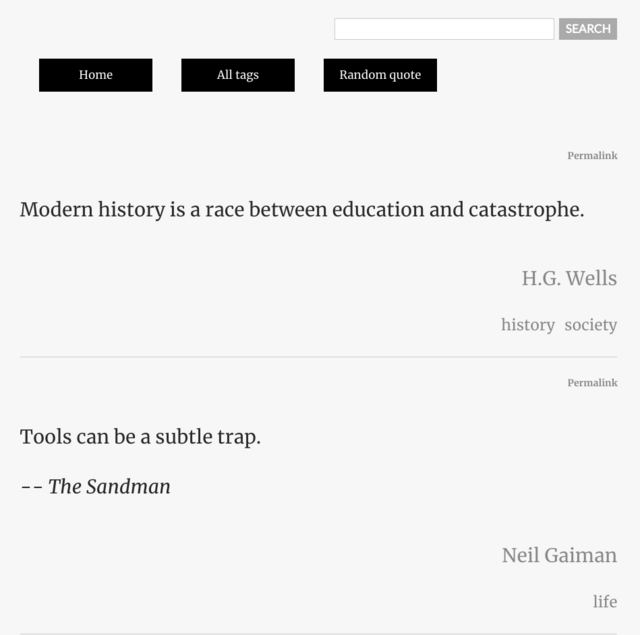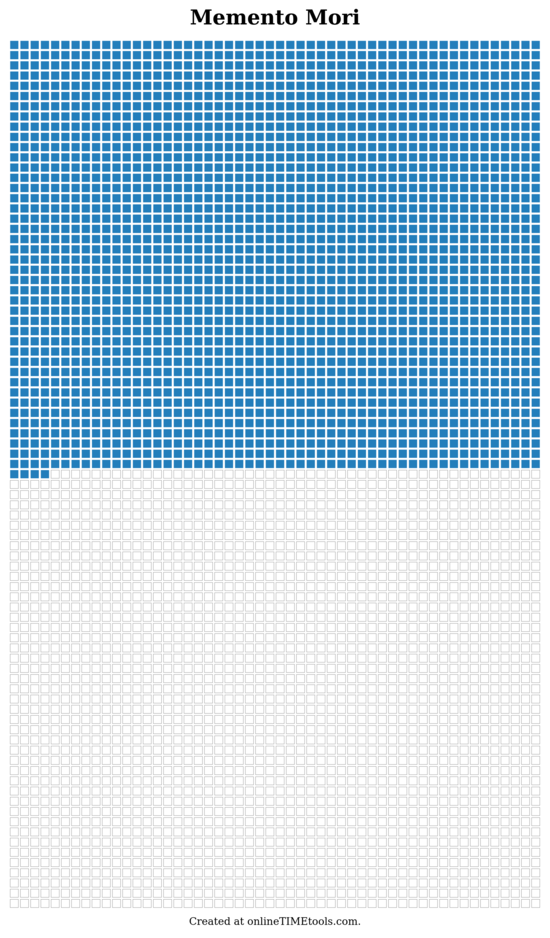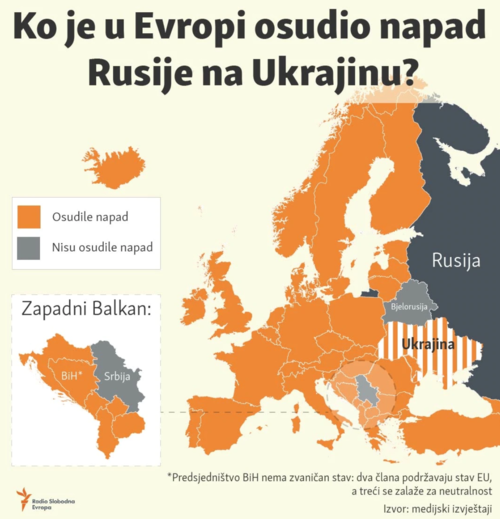Mastodon and bots
One thing I've been thinking about lately is what will be the effect when bot accounts migrate from #Twitter to #Mastodon instances as well.
For those new to the subject, bots (they're not really robots) are a thing in #Serbia on all social media, although it's not only Serbian problem. The government employs people to either drive the conversations away from criticizing it, or to hush down accounts using ad-hominem attacks, insults, and threats of violence.
Dealing with them is really hard, since the accounts are not automated, and there are thousands and thousands of real people constantly creating new ones and using them for as long as they can. If the Twitter collapses, and Mastodon becomes new world forum, this will be a real threat.
Mastodon moderators can not beat an army of determined and evil people constantly churning attacks. I can hardly imagine Serbian government creating own instance for bot purposes, since that would be too easy to block. And the end results I can see from this perspective is further locking down of #Fediverse, private instances that don't cooperate, or complete breakdown and migration to something else.
I might as well be completely wrong, and the existing tools to deal with malice would suffice. Time will tell.
But, in a shortwhile, it will be very interesting especially with cooperating moderators and instance owners, inability to research Twitter's data is real problem.




